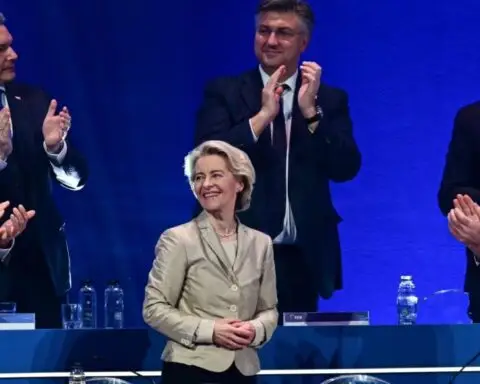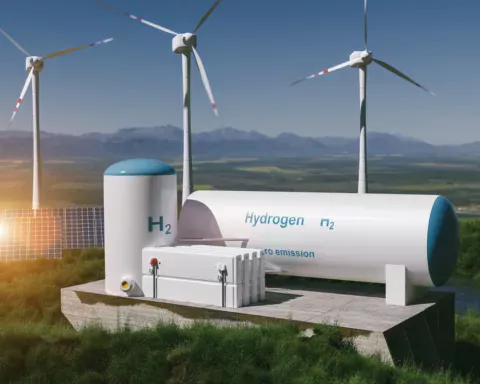Access to funding and liquidity remains a constraint for the growth of many private businesses. Existing challenges have become even more acute since the outbreak of the coronavirus pandemic.
The EBRD loan will allow ATL Leasing to ease this pressure with the provision of long-term funding to small companies. ATL Leasing will extend leases for the acquisition of equipment, light commercial vehicles, trucks, trailers and real estate.
The loan is supported by the European Union (EU) under the EU Initiative for Financial Inclusion, a comprehensive programme to help MSMEs in the southern and eastern Mediterranean region to become more competitive and grow. It provides finance and know-how to boost development and create jobs.
Small and medium-sized enterprises (SMEs) play a core role in the Tunisian economy. The country has over 80,000 SMEs, which are responsible for 40 per cent of GDP and employ more than half of the population.
Antoine Salle de Chou, Head of EBRD in Tunisia, said: “We are very happy to continue our partnership with ATL, a key player in the leasing sector in Tunisia. This line of credit, which is part of our response to support the Tunisian economy in the Covid-19 crisis, will facilitate access to finance for small businesses.”
Marco Stella, Head of the EU Economic Development Section in Tunisia, said: “The EU grant aims to strengthen Tunisia’s economic recovery amid uncertainty over the coronavirus pandemic.”
Zouhaier Tamboura, General Director of ATL, said: “We are delighted to sign this loan agreement, which will certainly contribute to increase financing to SMEs, which represent the backbone of the Tunisian economy. This loan will also allow ATL to continue to achieve growth in line with its strengths.”
ATL Leasing is a leading provider of leasing services to SMEs in Tunisia. With 12 branches across all major cities of the country, the company has shown a consistently strong financial performance over the past few years.
Since the start of its operations in Tunisia in 2012, the EBRD has invested close to €1 billion across 49 projects in the country, and supported over 1,200 SMEs through EU-funded technical assistance.
The Bank’s investments aim to support Tunisia’s competitiveness by opening markets and strengthening governance, promote economic inclusion for women, young people and those living in remote areas, strengthen the financial sector’s resilience, and support Tunisia’s green economy transition.






